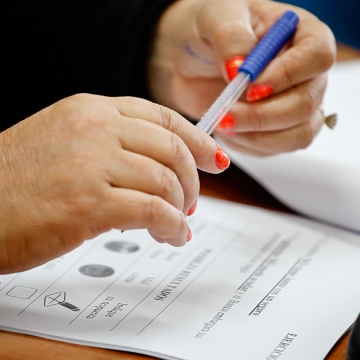Changes in subjective well-being, aspirations and expectations in participants of poverty alleviation programs: A qualitative analysis of Produciendo Por Mi Futuro in Colombia
This document presents the results of the qualitative analysis on the understanding of well-being
and the changes in life satisfaction, aspirations and expectations in the participants of the
Produciendo por mi Futuro program in Colombia, a poverty-reduction intervention
implemented by Prosperidad Social, that is based on the graduation programs developed initially
